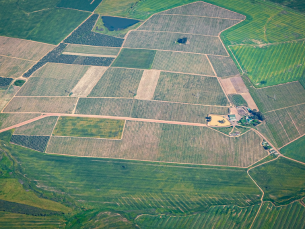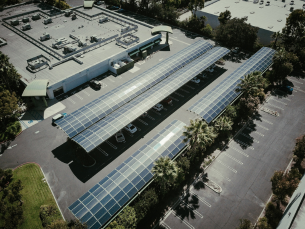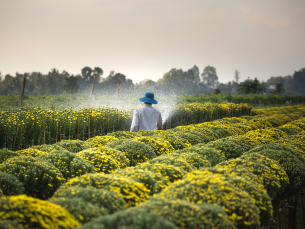Concept/Mission:
Based on the three pillars of sustainability (ecological, social and economic) and addressing the five major components of Globally Important Agricultural Heritage Systems (namely: sustainable livelihood and food security, biodiversity and genetic resources, indigenous knowledge and local practices, culture and landscapes) the Master course is supported by a visionary group of scientists, professors, policy makers and practitioners, who believe in sustainable development, green economy and inter-generational responsibility.
They pledge for a future where humans and nature could live together in harmony and rural and urban development are integrated, traditional knowledge and modern technologies are blended, and food security and human development are promoted thanks to solidarity and cooperation between responsible citizens in developed and developing countries.
The Master’s Programme is designed to provide postgraduate professionals with a background in natural, political, socio-cultural and economic sciences, interested in environment, agriculture, forestry, fisheries and rural development policies and practices.
Applicants will be Capable of:
• Understanding and assessing the impact of industrial agricultural production on the planet.
• Using new technologies on how to manage renewable energy, food, air and water more efficiently.
• Obtaining skills to understand and overcome the obstacles to sustainability.
• This will require enhanced scientific knowledge of agro-ecology, comprehension and conservation of traditional knowledge systems, interaction with civil society and be sensitive to the needs of the people, cooperation with the economic sector, and translating research into practice.
• Using their knowledge of sustainability to preserve and mobilise the agricultural heritage of humanity.
Duration: 12 Months
As with every Professional Master’s programme, the Course lasts 1.500 hours/year; of which:
• 300-400 dealing with lessons and seminars
• 250 individual study
• 350-400 stage/internship/applied research
• 400 thesis and exams
• Residual: Seminars.
Academic Credits : 60 academic credits
Stage and Didactic Programme:
In the start-up phase of the course, educational offers aimed at the needs of each student and group work will be studied and prepared. Thus, it will be possible to start a tailored programme on an individual level, but more often working groups will be created which will carry out collective activities coordinated by teachers and tutors.
The individual work, the stage, mainly as an internship (applied research or field experience) and the thesis work will also be scheduled in line with the prearranged schedule.
Admission Requirements:
The Master course is addressed to graduates and encourages participation of students coming from New Extension Methodologies and Approaches (NEMA) and around the world. A detailed CV/Resume is also required.
Career Progression:
Future for experts in Sustainability and World Agricultural Heritage Systems including posts in:
• International Organizations such as FAO, IFAD, Biodiversity International Organisation, and others
• Middle East and North Africa professional markets
• Public Institutions concerned with Agriculture, Environment, Sustainable Development, Material and Immaterial/Intangible Open Heritage Conservation and others
• National and International Non-Governmental (NGOs) and other not-for-profit organizations
• Regional, central and International Institutions and consortia including academia
• Enterprises operating in developing and developed countries.
Course Features
- Lectures 0
- Quizzes 0
- Duration 2023 / 2024
- Skill level Beginner
- Language English
- Students 0
- Assessments Yes






